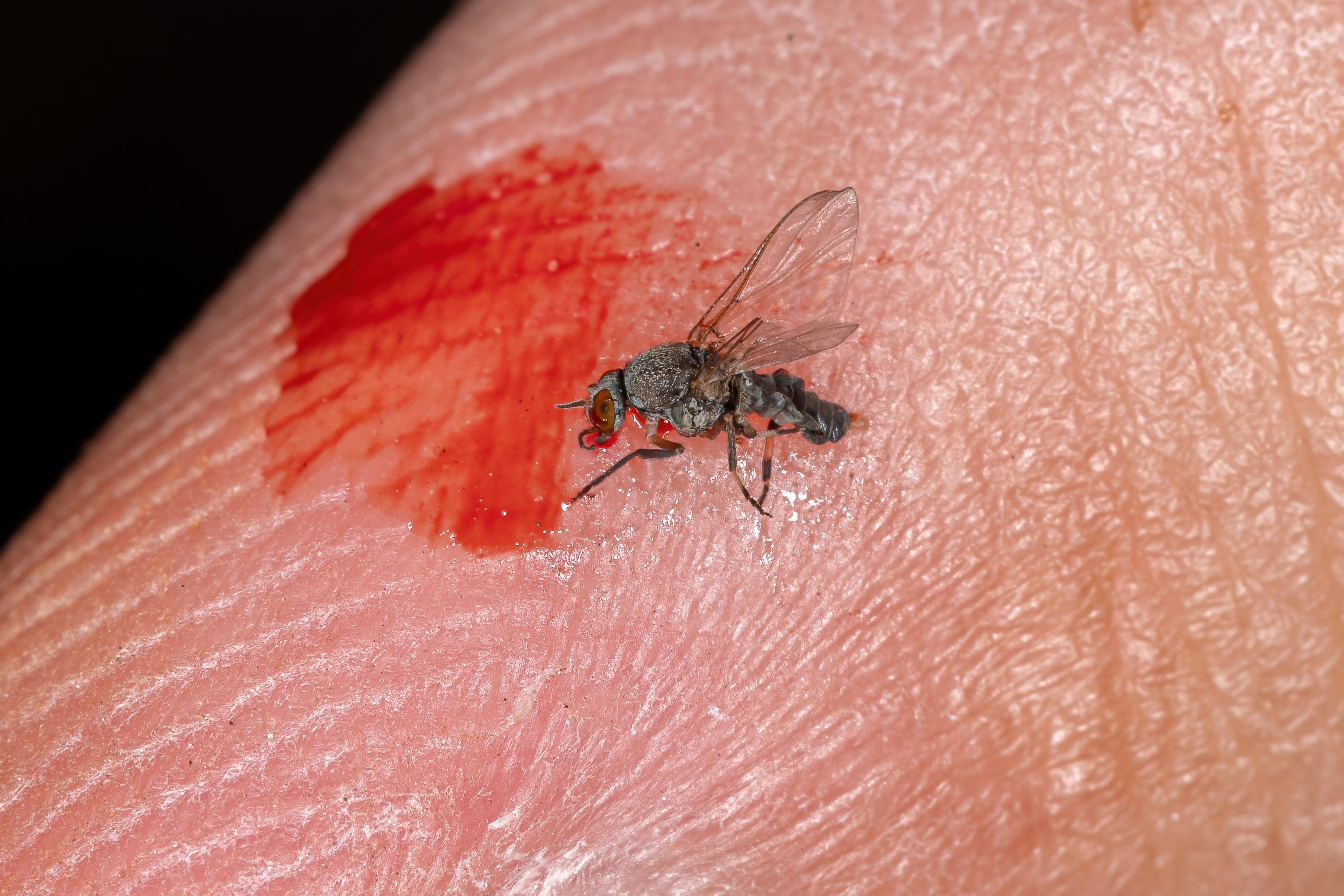The bite of a black fly, currently proliferating in Spain, can cause various symptoms, even an allergic reaction which can lead to hospitalization.

- The black fly or simulium is hematophagous, that is to say that it feeds on blood.
- The bite of a black fly induces severe pain and severe itching.
- Very present around streams, the black fly bites particularly at dawn and at the end of the day.
In a statement released on Saturday August 5, the Spanish Association of Environmental Health Societies (Anecpla) warned of an increase in the proliferation of black flies in Spain. Also called blackfly, this insect is mainly present in Andalusia, Aragon and Catalonia.
According to the Iberian health authorities, the various episodes of heat waves that have taken place in Spain in recent years could be responsible for the increase in the number of black flies in the country. Rising temperatures particularly favors the reproduction of these insects, explained Jorge Galván, director of Anecpla, in an interview with the television channel The Uno.
Black fly: what are the signs of a bite?
Blackflies are hematophagous like mosquitoes, which means that they feed on blood. However, a black fly bites, but does not sting. It is the females that bite because they need blood to lay their eggs.
In the event of a common mosquito bite, one may feel discomfort or even slight pain in the affected area. The bite of a black fly is, in turn, highly recognizable, because it causes intense pain accompanied by violent itching. An allergic reaction may also occur and be characterized by fever, headache or nausea. This complication can sometimes lead to hospitalization of the patient.

Black fly bites: recommendations for protection
Measuring about three millimeters, the black fly is present around streams. To prevent the risk of being bitten, Anecpla recommended avoiding walks around waterways at dawn and at the end of the day. In question ? The blackfly is more aggressive during these two periods of the day. Another recommendation to protect yourself from insect bites: wearing covering clothes associated with the use of repellents.
In an interview given at the ParisianGérard Duvallet, medical entomologist, veterinarian and professor emeritus at Paul-Valéry University in Montpellier, indicated that the black fly has been present since “long time” In France. However, no cases of bites have been recorded in France due to the less favorable climate. “Usually, we have feedback from pharmacists who see the victims pass by during the month of August. So far, we haven’t had any signals.”noted the specialist.

















